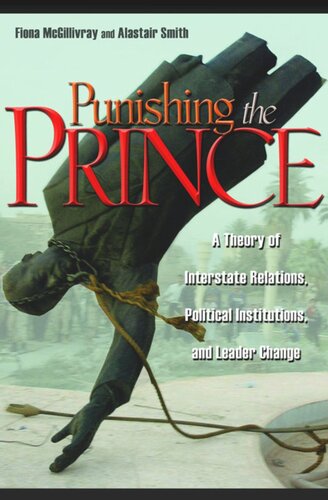

Most ebook files are in PDF format, so you can easily read them using various software such as Foxit Reader or directly on the Google Chrome browser.
Some ebook files are released by publishers in other formats such as .awz, .mobi, .epub, .fb2, etc. You may need to install specific software to read these formats on mobile/PC, such as Calibre.
Please read the tutorial at this link: https://ebookbell.com/faq
We offer FREE conversion to the popular formats you request; however, this may take some time. Therefore, right after payment, please email us, and we will try to provide the service as quickly as possible.
For some exceptional file formats or broken links (if any), please refrain from opening any disputes. Instead, email us first, and we will try to assist within a maximum of 6 hours.
EbookBell Team

4.7
26 reviewsWhen the United States invaded Iraq, President Bush made it clear: the U.S. was not fighting the Iraqi people. Rather, all quarrels were solely with Iraq's leadership. This kind of assertion remains frequent in foreign affairs--sanctions or military actions are imposed on a nation not because of its people, but because of its misguided leaders. Although the distinction might seem pedantic since the people suffer regardless, Punishing the Prince reveals how targeting individual leaders for punishment rather than the nations they represent creates incentives for cooperation between nations and leaves room for future relations with pariah states.
Punishing the Prince demonstrates that theories of leader punishment explain a great deal about international behavior and interstate relations. The book examines the impact that domestic political institutions have on whether citizens hold their leaders accountable for international commitments and shows that the degrees to which citizens are able to remove leaders shape the dynamics of interstate relations and leader turnover. Through analyses of sovereign debt, international trade, sanctions, and crisis bargaining, Fiona McGillivray and Alastair Smith also uncover striking differences in patterns of relations between democratic and autocratic states. Bringing together a vast body of information, Punishing the Prince offers new ways of thinking about international relations.